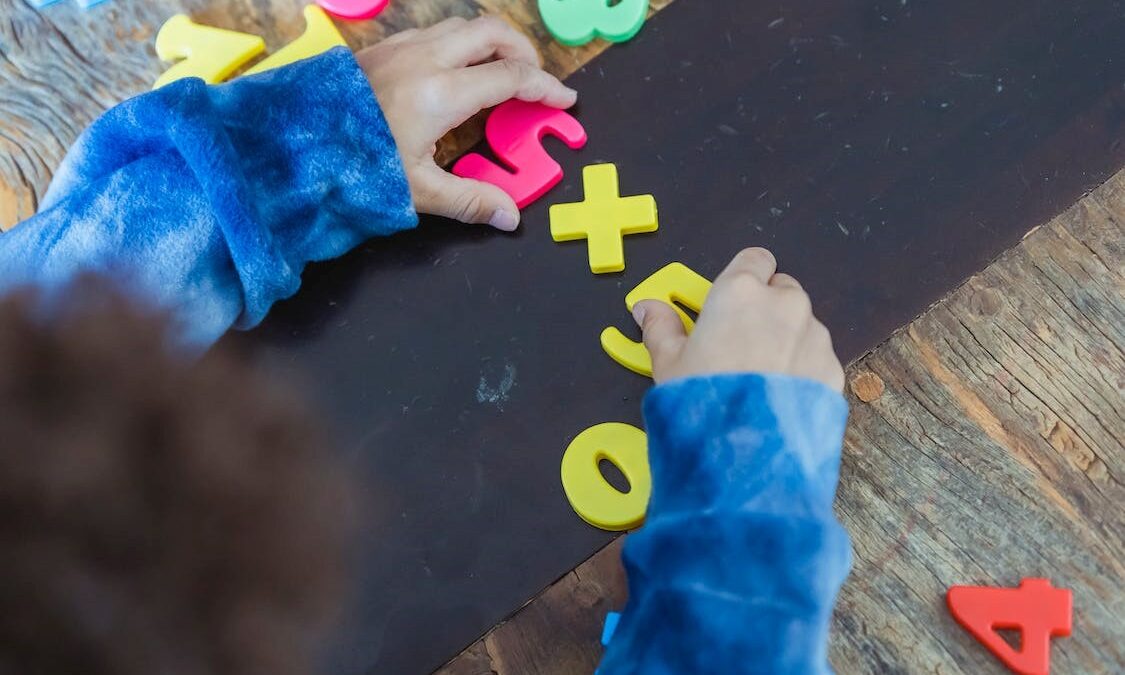We’re all aware that math plays a critical role in academic as well as daily life. This is why parents and teachers emphasize its importance, but kids mostly fail to grasp their perspective and end up hating it. Math can also be pivotal in attaining higher education and building a successful career. But oftentimes, additional stress deters students from comprehending math.
Piquing interest and affinity towards math through a simple and friendly approach is the need of the hour. The fact that our universe is filled with geometrical and mathematical concepts is the right place to start. Explaining how math is a part of nature, everything works in a calculated manner, constantly and consistently, can help students relate math to everyday objects. Any variable or change can impact life’s cycle adversely. Let nature’s magic explain math and leave your little ones in awe.
Here are some other ways that can help pique your kid’s interest in math:
Lead by Example
According to multiple polls, many adults admit they hated math in school. If you are one of them, ensure you do not communicate your stance with your child. This can cause math anxiety which is, sadly, contagious.
To help your child improve his attitude towards math, show them how confident you are while applying math in your everyday life by estimating the cost of a purchase in front of them, completing tax returns, etc. You can also point out how math is pivotal in some professions, like architecture, fashion design, medicine, computer programming, and more. These minor tweaks in how you talk about math can make a world of difference and change their perspective on it.
Help Your Kid Apply Math in Everyday Life
Encourage your kid to solve math problems outside of school, too, such as
- Ask them to determine the price of X bags of chips at the grocery store.
- Challenge them to calculate how long it will take them to reach point B from point A if they travel at a certain speed.
- In the toy store, test children by asking how much of their allowance they have to save to buy their favorite toy.
Give them opportunities to think, figure out, and praise them when they get it right. If not, explain to them how they could’ve solved the problem. Avoid negative remarks and make the activities engaging.
Familiarize Yourself With the Learning Standards
Knowing what math skills your child should learn by a certain age and grade is essential. Look up courses and discuss with your child’s teachers what math operations they should be able to perform by their standard. Integrate those calculations into everyday life and make math fun.
Attention to Detail
Help your child with their math homework by making sure they show all their work while solving equations and checking for correct answers and calculations. Setting aside time daily for math homework with minimal distractions can be beneficial. Make it a habit. Allot a time.
Play Math Games
You can play multiple games with your child at home that involve math. Starting from the elementary years, games like dominoes, chess, Monopoly, set, etc., can help kids enjoy learning math.
Read Books That Involve Math
This is an effective practice. Reading instills new ideas and knowledge in little minds without leading to boredom. You can get similar results by reading books that involve math.
Children get inspired by characters, and watching their favorite character love math can also pique a child’s interest in the subject. A great example is the book Rayna & Omar: Learn 2 and 3 Time Tables by Shelton Davis, where he has made learning multiplication tables easy for young kids. It contains tips and tricks that can make learning more engaging. Grab a copy from Amazon for your little one today and turn them into a math wizard.


